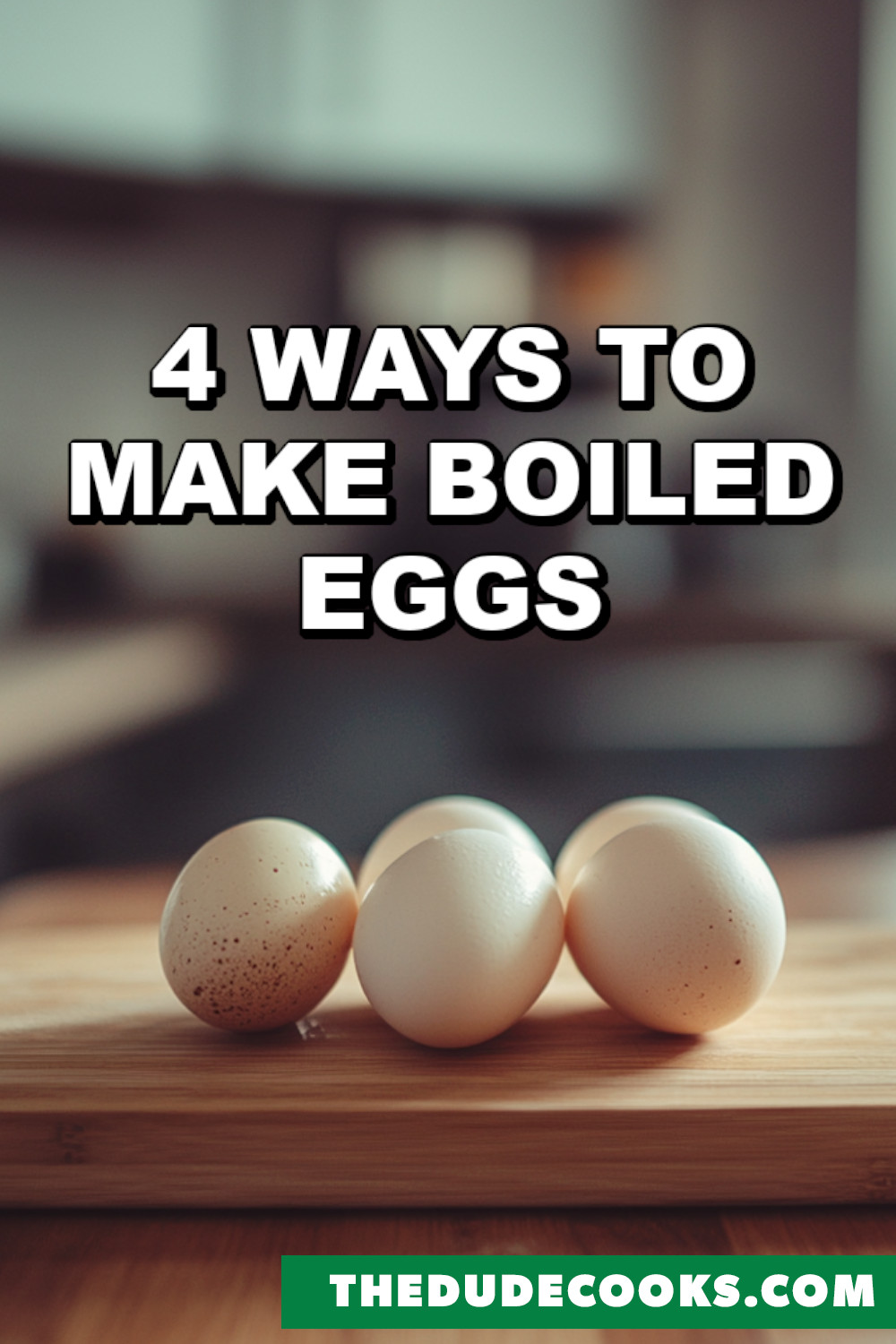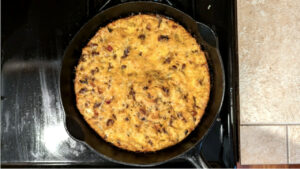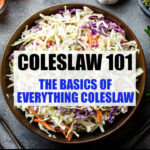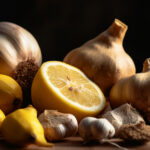Boiled eggs are possibly the easiest way to have your morning protein when you are in a hurry to get out the door. They are compact and some in their own packaging, so they are a breakfast staple in my book.
The question is, what are the best techniques for making boiled eggs?
Three Ways To Make Boiled Eggs
Technically, boiled eggs are just eggs that have been boiled. But if we adjust the definition of a ‘boiled egg’ to methods for cooking eggs in the shell, then we have several ways to make boiled eggs, some of which are great for making lots of boiled eggs at once.
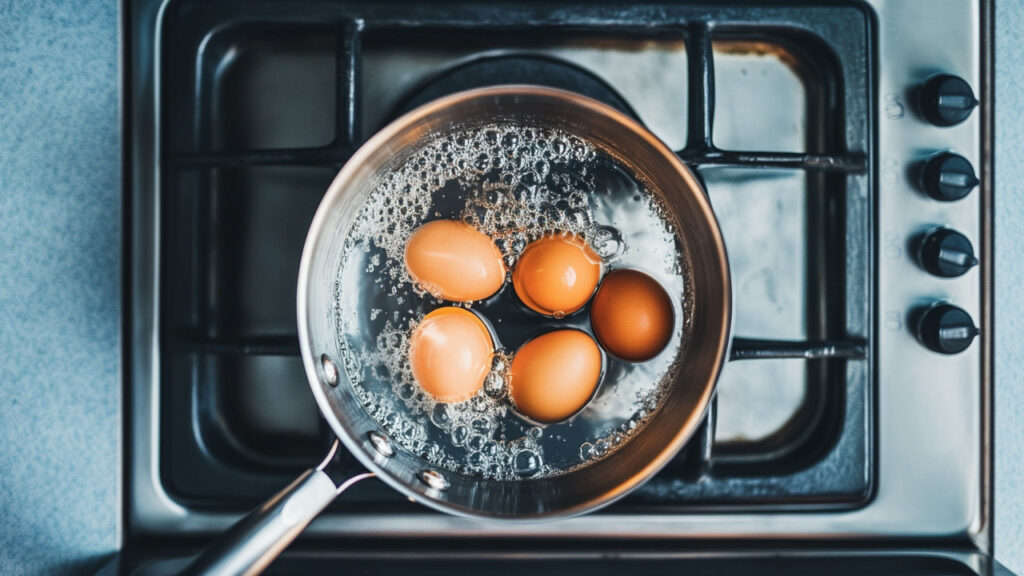
Stovetop Boiling Eggs
The debate on what is the best method for boiling eggs on the stovetop. Boil and let sit, boil the whole time, start with cold water, all are methods people swear by. I haven’t seen any difference in the three. The only argument that I’ve seen is that putting eggs in boiling water makes the eggs easier to peel.
Quick Boil and Let Sit Method
This method involves bringing water to a boil and then letting the eggs cook in the residual heat.
- Place eggs in a saucepan and cover with water by at least 1 inch.
- Bring the water to a boil over high heat.
- Once boiling, cover the pot and remove it from heat.
- Let the eggs sit in the hot water for 10-12 minutes, depending on how well-cooked you want them (10 minutes for creamy yolks, 12 for firmer yolks).
- Transfer the eggs to an ice bath to stop the cooking process for at least 14 minutes before peeling
Rolling Boil Method
A more traditional boiled egg method, this is the way people have cooked eggs for millennia. Put eggs in boiling water and keep them boiling until done:
- Bring a pot of water to a rolling boil.
- Gently lower the eggs into the boiling water using a slotted spoon.
- Boil for about 14 minutes for large eggs (12 for medium, 15 for jumbo).
- Transfer the eggs to an ice bath immediately after cooking
Cold Water Start Boiled Eggs
- Place eggs in a pot and cover with cold water.
- Bring the water to a boil, then reduce the heat slightly to maintain a gentle boil.
- Cook for 10 minutes for hard-boiled eggs.
- Transfer to an ice bath to cool before peeling
Cooking Boiled Eggs in An Instant Pot
Cooking boiled eggs in an Instant Pot is hands-down my favorite way to cook boiled eggs. Whether you are making 4 eggs or two dozen, an Instant Pot will take care of it.
The basic technique for boiled eggs in an Instant Pot:
- Place a rack in the bottom of the Instant Pot and add 1 cup of water.
- Arrange the eggs in a single layer on the rack.
- Cook on high pressure for 7 minutes, then perform a manual release and transfer to an ice bath for 5 minutes or so.
Making Boiled Eggs In The Oven
Making boiled eggs in the oven is probably one of the least known methods for making boiled eggs. This is another easy way to make a lot of eggs with little fuss.
- Preheat the oven to 325°F (163°C).
- Place eggs in a muffin tin to prevent them from rolling around.
- Bake for 30 minutes, then transfer to an ice bath for 10 minutes
Steaming Boiled Eggs
One last method for making boiled eggs is steaming them.
- Fill the pot with about 1-2 inches of water. The water level should be below the steamer basket to prevent the eggs from sitting in the water.
- Place the pot on the stove over medium-high heat and bring the water to a rolling boil.
- Carefully place the eggs in the steamer basket. Make sure they are not overcrowded to prevent cracking.
- Cover the pot with a lid. Steam the eggs for the following times based on your desired doneness:
- Soft-Boiled: 5-6 minutes
- Medium-Soft: 7-9 minutes
- Medium: 11-13 minutes
- Hard-Boiled: 14-16 minutes
- Once the eggs are done, immediately transfer them to a bowl of ice water.
What Can I Make With Boiled Eggs?
80% of the time I just grab my boiled eggs, hit them with a little salt, Redmond Real Salt is my favorite, and scarf them down. Here are some other ideas on what you can do with your boiled eggs:
- Deviled Eggs: A classic appetizer where the yolks are mixed with mayonnaise, mustard, and spices, then piped back into the egg whites.
- Egg Salad: Combine chopped hard-boiled eggs with mayonnaise, mustard, and seasonings for a sandwich filling or a salad.
- Salads: Add boiled eggs to salads like Cobb salad, chef salad, or spinach salad for extra protein and flavor.
- Breakfast Sandwiches: Layer sliced boiled eggs with cheese and bacon on bagels or toast for a hearty breakfast option.
- Avocado Egg Salad: Mix mashed avocado with chopped boiled eggs for a healthier twist on traditional egg salad.
- Potato Salad: Incorporate chopped boiled eggs into potato salad for added texture and flavor.
- Nicoise Salad: Use boiled eggs as a key ingredient in this French salad, which typically includes tuna, green beans, and olives.
- Soups: Slice boiled eggs and add them to soups for extra richness, such as in ramen or certain vegetable soups.
- Pasta Dishes: Chop boiled eggs and mix them into pasta salads or serve them on top of pasta dishes for added protein.
- Baked Dishes: Incorporate chopped boiled eggs into casseroles or baked dishes, such as quiches or frittatas.
- Snacks: Enjoy boiled eggs simply seasoned with salt and pepper as a nutritious snack.
- Stuffed Peppers: Mix chopped boiled eggs with rice, vegetables, and seasonings, then stuff into bell peppers and bake.
- Tuna or Chicken Salad: Add chopped boiled eggs to tuna or chicken salad for a creamier texture and additional protein.
- Gado Gado: A traditional Indonesian salad that features boiled eggs along with steamed vegetables and peanut sauce.
- Bento Boxes: Include boiled eggs in bento boxes for a balanced meal with protein and other food groups.
What’s the best way to store boiled eggs?
The best way to store boiled eggs depends on whether they are peeled or unpeeled:
Storing Unpeeled Boiled Eggs
- Refrigeration: Once your boiled eggs have cooled completely, store them unpeeled in the refrigerator. They can last for up to one week when kept in their shells. This helps maintain their freshness and prevents them from absorbing odors from other foods in the fridge.
Storing Peeled Boiled Eggs
- Container: If you’ve peeled the eggs, it’s best to store them in an airtight container. To keep them fresh, you can place them submerged in water or drape them with a wet paper towel, changing the towel daily. Peeled eggs should also be consumed within five days for optimal freshness.
General Tips
- Avoid the Fridge Door: Store both peeled and unpeeled eggs in the main body of the fridge rather than the door, as this area experiences more temperature fluctuations.
- Labeling: If you’re using an egg carton or container, consider labeling it as “hard-boiled” to avoid confusion with raw eggs.
By following these storage methods, you can ensure that your boiled eggs remain fresh and safe to eat for as long as possible.
Can I boil eggs directly from the fridge?
Loads of myths and lore surround cooking eggs straight from the fridge or whether to cook them when they are at room temperature. Much of it has to do with the eggs cracking or not and how easy they will be to peel. In all honesty, I’ve never found any evidence that it makes a bit of difference.
Why do some boiled eggs peel easily while others do not?
The ease of peeling boiled eggs can vary due to several factors. Here’s why some eggs peel easily while others don’t:
Age of the Eggs
- Fresher eggs are harder to peel: Fresh eggs have a lower pH level, causing the egg white to adhere more strongly to the inner shell membrane.
- Older eggs peel more easily: As eggs age, they become more alkaline and the shell absorbs more air, creating a small air pocket between the shell and the egg white.
Cooking Method
- Cold start vs. hot start: Starting with cold water (cold start) generally makes eggs easier to peel compared to adding eggs to already boiling water (hot start).
- Cooking time: Overcooked eggs can be harder to peel, as the egg whites may become rubbery and stick to the shell.
Cooling Process
- Ice bath importance: Plunging eggs into ice water immediately after cooking stops the cooking process and can help separate the shell from the egg white.
- Rapid cooling: Quick cooling causes the egg to contract inside the shell, potentially creating more space between the egg and the shell.
Additional Factors
- Water additives: Adding salt and vinegar to the cooking water may help with peeling by increasing water temperature and softening the shell.
- pH levels: The pH of the cooking water can affect peelability. Some methods suggest adding baking soda to increase alkalinity, though results may vary.
- Steaming: Steaming eggs instead of boiling them can make them easier to peel, possibly due to the different way heat is transferred.
To consistently achieve easy-to-peel eggs, consider using slightly older eggs, starting with cold water, adding a bit of salt and vinegar to the cooking water, and immediately cooling the eggs in an ice bath after cooking.
How can I fix overcooked boiled eggs?
Sadly, there isn’t a straight-up fix for overcooked boiled eggs. Overcooked eggs typically have rubbery whites and crumbly, dry yolks, often accompanied by a gray-green ring around the yolk due to a chemical reaction between sulfur and iron.
The best use for overcooked eggs is in recipes that add back in some oil, such as deviled eggs, or chopped and put into a salad. Blending the eggs, particularly the yolks with other ingredients will help hide that they are overdone.
What if my eggs crack while boiling?
Your eggs cracking during boiling is annoying and not 100% preventable. The cracked eggs are still perfectly fine to eat, though they might not be in shape for dishes where perfect presentation is required.
If you are concerned about having perfect eggs, I suggest you prick a very small hole in the fat end of the egg. That is the end that holds the most gasses, so leaving some vent space there will relieve the pressure in the egg, preventing cracking.
